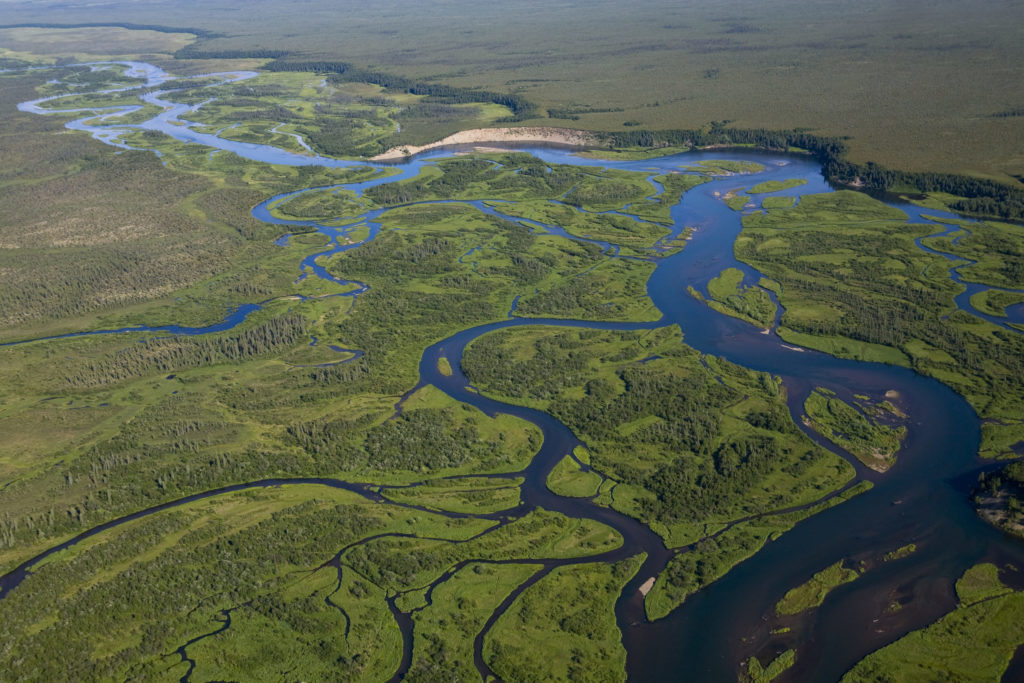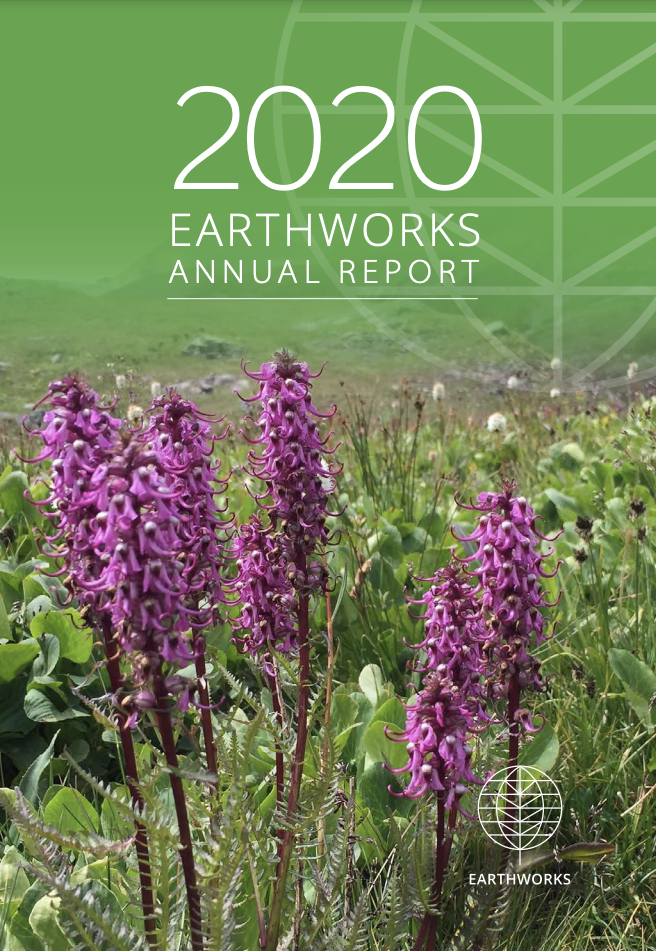In 2020, Earthworks’ supporters helped marginalized communities persevere through the pandemic, protected wilderness in Montana and Alaska from mining, exposed how fossil fuel companies aren’t living up to their climate commitments, and built support among investors, automakers, and battery manufacturers for stronger mineral sourcing standards.
Responding to COVID-19
Frontline communities are more vulnerable to COVID-19 because of their exposure to air pollution. Earthworks mobilized to respond to this unprecedented crisis. In Pennsylvania, the Department of Environmental Protection halted enforcement actions during the pandemic. Our pressure led them to resume enforcement of laws protecting public health and the environment. Earthworks and allies organized a mutual aid relief fund in Louisiana’s Cancer Alley and among Indigenous communities in Texas, delivering fresh food and other essentials to those most vulnerable.
Protecting Outstanding Waters and Fisheries
In December, the U.S. Army Corps of Engineers denied the Pebble Mine permit, protecting Alaska’s Bristol Bay. In Montana, the state’s Supreme Court rejected a key pollution permit for the proposed Montanore silver-copper mine, defending the Cabinet Mountain Wilderness.

Exposing the True Cost of Oil and Gas on Our Climate and Health
Reporters joined Earthworks on socially-distanced visits to oil and gas sites. Families shared their stories of how they struggled to get the attention of state regulators to protect their health from pollution. Rolling Stone, CBS, the New York Times, and others brought community voices to new audiences, educating the public about the impacts of oil and gas production and distribution. Earthworks earned 137 media stories in 41 news outlets.
Pressuring the Fossil Fuel Industry to Reduce Emissions
Our Methane Misinformation Scorecard shows that fossil fuel company commitments on climate have failed to result in significant reductions in pollution.
In Arlington, Texas, the city council voted to deny French company Total SE from building new gas wells in close proximity to homes and businesses.
On the Gulf Coast, the Surfside Beach, Texas City Council voted unanimously to oppose the Sea Port Oil Terminal (SPOT), a proposed deepwater crude oil export facility.
The state of New Mexico now accepts our optical gas imagery as evidence for enforcement of pollution control regulations. Several companies have been cited and fined as a result.
New York became the first state to close a federal loophole by designating oil and gas waste as hazardous. Companies are now required to store, transport and dispose their waste more responsibly, creating a model for other states to follow.
Building a Clean, Just, and Sustainable Renewable Energy Future
As we transition away from fossil fuels, our reliance on minerals for batteries to store clean energy will increase. By confronting the realities of our renewable energy economy, we can minimize the harm to people and the environment from renewable energy sources. We’re in discussion with automakers and battery companies to help ensure that minerals necessary for electric vehicles are responsibly sourced.
Three banks committed to stop dumping mine waste into the ocean by prohibiting or severely restricting financing for companies practicing ocean dumping. After increasing local opposition, the government of Papua New Guinea put the brakes on plans to dump 13 million tonnes of mine waste into the ocean.
In response to mine waste dam collapses around the world, Earthworks released Guidelines for Responsible Mine Tailings Management.

